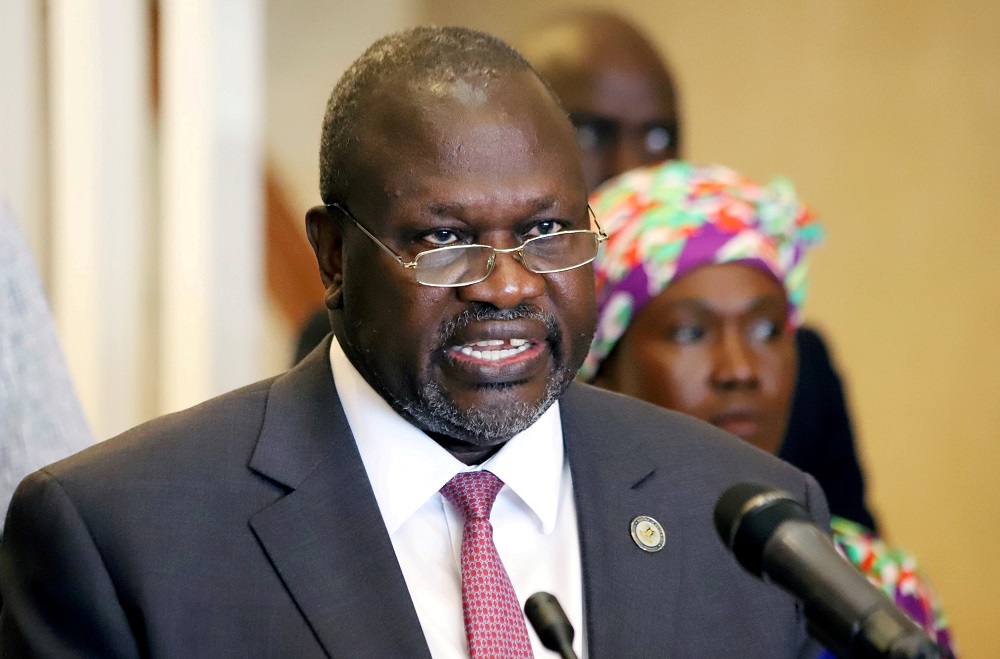South Sudan’s political landscape was rocked Thursday as First Vice President Riek Machar was formally charged with murder, treason, and crimes against humanity.

The charges stem from his alleged role in orchestrating attacks by the White Army militia against federal forces in March.
Just hours after the announcement, President Salva Kiir issued a decree suspending Machar from his post. The decree, broadcast on state radio, offered no further details but marked a dramatic escalation in the long-standing rivalry between Kiir and Machar.
Also suspended was Petroleum Minister Puot Kang Chol, who faces similar charges.
The indictment threatens to unravel the fragile unity government formed under a 2018 peace agreement that ended a brutal five-year civil war.
That conflict claimed an estimated 400,000 lives and left deep divisions between Kiir’s camp and Machar’s Sudan People’s Liberation Movement/Army-in Opposition (SPLM/A-iO).
Despite the peace deal, tensions have persisted. Sporadic violence and political distrust have continued to plague the administration.
Machar has been under house arrest since March, following the militia attacks in the northeastern town of Nasir. International actors have repeatedly called for his release, warning that prolonged detention could reignite civil war.
Justice Minister Joseph Geng stated that evidence links the White Army directly to Machar’s command.
“The White Army operated under the influence of SPLM/A-iO leaders, including Dr. Riek Machar Teny,” Geng told reporters.
He added that while the government welcomes international engagement, the case is now sub judice and will proceed through legal channels.
Alongside Machar, 20 individuals have been indicted. Thirteen remain at large, according to Geng.
Edmund Yakani, head of the Community Empowerment for Progress Organization, urged transparency and fairness.
“We hope the court trying Machar and the others will be competent – not a kangaroo court,” he said in a statement.

